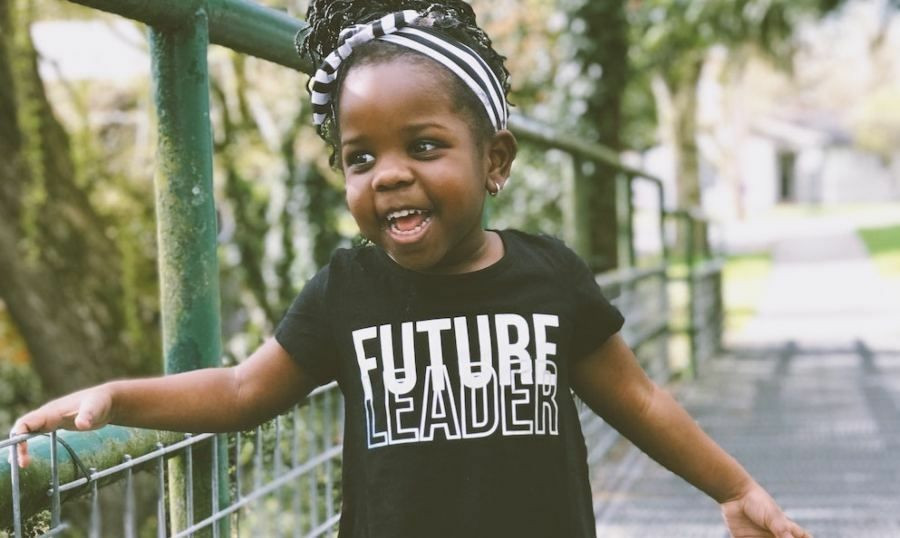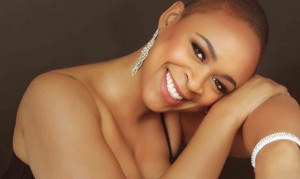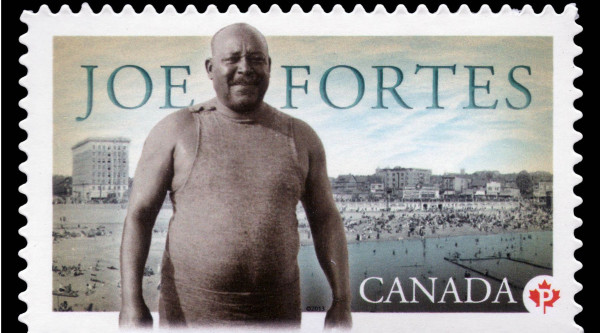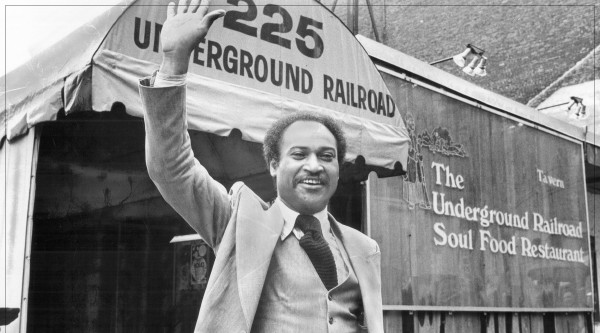Schools are scrambling to create lesson plans, and online classrooms so children remain on track. When schools reopen, your child, who will likely lose two-thirds of his school and that is a frustrating prospect. Both parents and educators are feeling the pressure of maintaining normal. This becomes increasingly complicated for Black parents and caregivers of Black children who have historically highlighted not feeling welcomed at school. You are not your children’s substitute teacher but, even when schools are open, you will be their first source of external validation.
As a restorative justice mediator and equity educator who gets called to support youth who have been harmed by the system, deliver anti-racist and equity training, I know that the quarantine schooling of Black children presents a unique opportunity. Black youth I have supported have shared that they don’t see themselves reflected in the curriculum, their classrooms, or school. I have met with students who will graduate this year having never been taught by a Black teacher or encountered a Black individual in a leadership role up to this point. Black parents have expressed similar anxieties as their children. They have revealed a visceral fear for their children’s futures. “It should be getting better, but I think it’s getting worse.”
We know that school boards across Canada have been forced to tackle their anti-Black racist practices. The Peel District School Board is the latest to face the fire, but it won’t be the last. In spite of this, your homes with internet access, are now the learning spaces for your children. Amidst the chaos of forced “home learning” there’s an opportunity to engage Black children in a learning experience that will impart positive Blackness.
You have an opportunity to immerse them in their ancestors’ wildest dreams. You have an opportunity to foster Black excellence. This is about more than building your children’s academic literacy; this about building their racial and cultural resiliency. This is how we secure Black Futures. By virtue of being Black in a White society, you and your children live a bicultural existence. Our children are entitled to a bicultural education.
Black history for Black futures
The fostering of Black excellence begins with a foundation of Black history. When I was legally able to vote for the first time in Jamaica, I thought it pointless. I lived in a constituency where the victor had been the victor since before I was born. My vote didn’t feel particularly valuable. My grandmother called me several times that day to ask if I had voted yet. I made it to the polling station fifteen minutes before it closed not to exercise my right to vote but to buffer myself from the earful I would receive upon arrival at home. My grandmother sat me down and told me the history of voting, of her as a child with my great-grandmother lobbying for the woman’s right to vote. I learned about my grandmother’s political activism and how much she has lived through. This has shaped how I engage with politics as a Black woman no matter where I am in the world. I have learned so much about how history has shaped my future through the sharing of stories in the community.
Black culture is one built on stories and some of the best parts of our history are orally transmitted. Thankfully, people have been documenting Black history online.
Black Canadian Historian and founder of Fundi Education Natasha Henry has created a Black Canadian online resource called Teaching African Canadian History.
Historica Canada has a guide based on Lawrence Hill’s 'The Book of Negroes'.
Learn about the Black and Indigenous community through the digital stories being produced through the Proclaiming Our Roots project.
The Chatham-Kent Historical Society may be closed due to COVID-19 but you can still access their website. Learn about the exhibits and make it a field trip follow up.
These are only a few general examples. I implore you to do your research; you are not called to be an expert. If you have roots outside of this country, teach your children about the history of Jamaica, Zimbabwe, Eritrea, the Seychelles or wherever it is you may be from. Teach them about the Black excellence of those countries. Prepare them to challenge the lies and white-washed versions of their history that will greet them when they return to the classroom. Tell them who Paul Bogle is, not just where to find the best jerk chicken on vacation in Jamaica.
And beyond that, teach them the history that is being made now. ByBlacks is filled with stories of Black excellence of present-day Black history. Bring the world into your home and teach your children that Black people have been doing great things since the big bang or the creation story.
Teach your children about Black entrepreneurs and Black activists. Teach them about the Black people that tilled the soil and revolutionised farming and teach them about the Black people that challenged the law. Teach them the diversity of Blackness.
Moreover, find ways to make your lived realities unapologetically Black. We can’t place expectations on our children that we don’t place on ourselves. Nothing will be normal when this over. Your children’s classroom is now a dedicated space in your house. They are eating 15 times a day. Everything has changed; we can change the curriculum too. We are living through a moment that will be taught as a part of the history curriculum to your grandchildren and their children. This quarantine school will be a living memory in your children’s lives. What will you teach them?
Teneile Warren is a proud queer mom, writer, chef and equity educator. Her writing has appeared in ByBlacks, Huffington Post and Barren Magazine. She is an editorial advisor and mentor for Textile Magazine. She lives in Kitchener, Ontario with her wife, son and three furbabies. She explores identity, social issues and community through words and food. Find her on Twitter @iamquagmire

 By
By 









